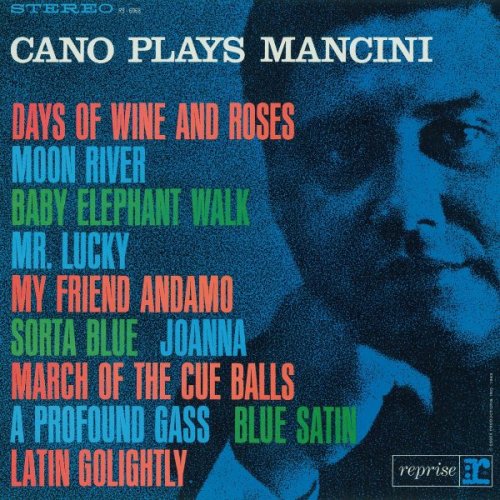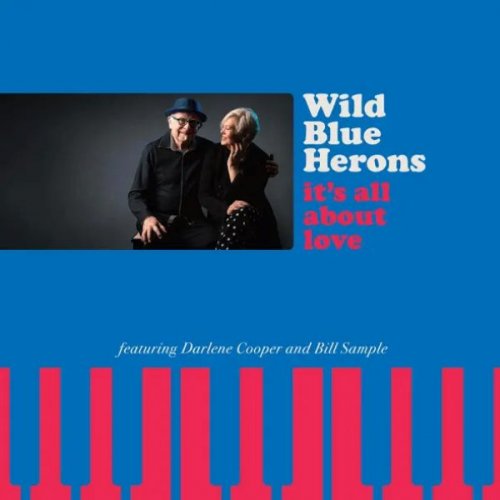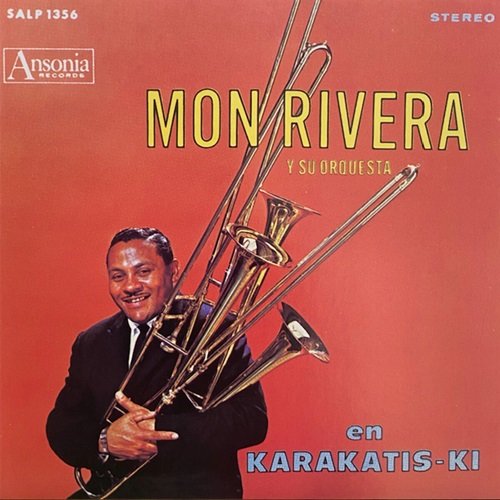Michael Manring - Unusual Weather (1986) FLAC
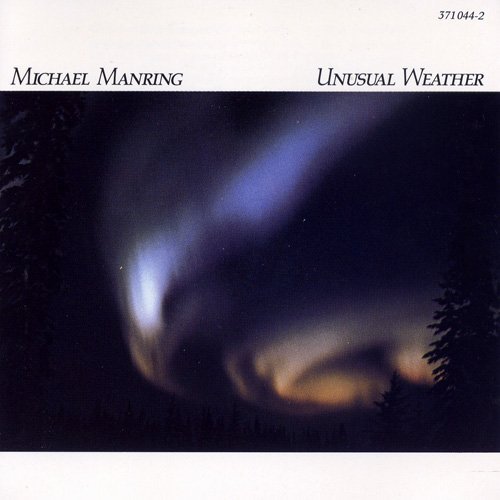
Artist: Michael Manring
Title: Unusual Weather
Year Of Release: 1986
Label: Windham Hill Records
Genre: Jazz / Meditation
Quality: FLAC (image + .cue)
Total Time: 46:32 min
Total Size: 198 MB
WebSite: Album Preview
Tracklist:Title: Unusual Weather
Year Of Release: 1986
Label: Windham Hill Records
Genre: Jazz / Meditation
Quality: FLAC (image + .cue)
Total Time: 46:32 min
Total Size: 198 MB
WebSite: Album Preview
01. Welcoming (6:21)
02. Huge Moon (3:46)
03. Almost April (3:31)
04. Unusual Weather (3:30)
05. Sung to Sleep (3:58)
06. Thunder Tactics (2:35)
07. Longhair Mobile (3:45)
08. Homeward (3:11)
09. Not Even the Summer (3:16)
10. Sightings (5:35)
11. Big Feelings (3:13)
12. Thunder Tactics (Reprise) (0:39)
13. Manthing (3:12)
In the '80s, Windham Hill Records had a reputation for being a new age label. Windham Hill was the home of major new age artists like Liz Story and George Winston; arguably, the company was to new age what Fania was to salsa, Blue Note was to jazz, and Def Jam was to rap; in other words, it wasn't the only player but was definitely a major player. However, not every instrumentalist who recorded for Windham Hill in the '80s provided new age. Post-bop/fusion keyboardist Billy Childs was never new age, and electric bassist Michael Manring was equally jazz-oriented. Unusual Weather, his first Windham Hill release, isn't straight-ahead bop -- Manring isn't pretending to be Ray Brown or Paul Chambers. It is, however, a fusion/pop-jazz effort that often underscores Manring's appreciation of the late Jaco Pastorius. Manring, who wrote most of the material, favors a very reflective, contemplative approach; Pastorius is a major influence on his playing and composing, and Manring is also influenced by the work of Pat Metheny, the Yellowjackets, Weather Report, and various ECM artists. In fact, this CD would not have been out of place on ECM. So why did Unusual Weather come out on Windham Hill instead of a label that was consistently jazz-oriented? Obviously, Windham Hill didn't want to be a new age-only label. Although Windham Hill fared quite well in the new age market of the '80s, it didn't want to put out new age exclusively. And when Windham Hill signed Manring and Childs, the company sent out a message that it wasn't opposed to signing people who weren't new age-oriented. This 1986 release isn't Manring's best or most essential album -- at that point, his best work was yet to come. Nonetheless, this decent, if imperfect, effort indicated that Manring was someone to keep an eye on. -- Alex Henderson
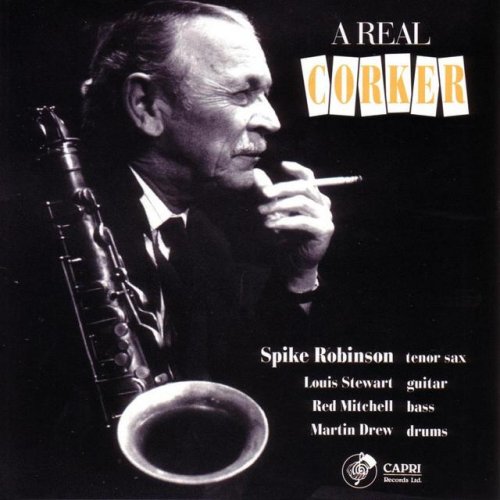



![Eero Koivistoinen - For Children (1970) [2006] Eero Koivistoinen - For Children (1970) [2006]](https://www.dibpic.com/uploads/posts/2026-02/1771615516_ff.jpg)
